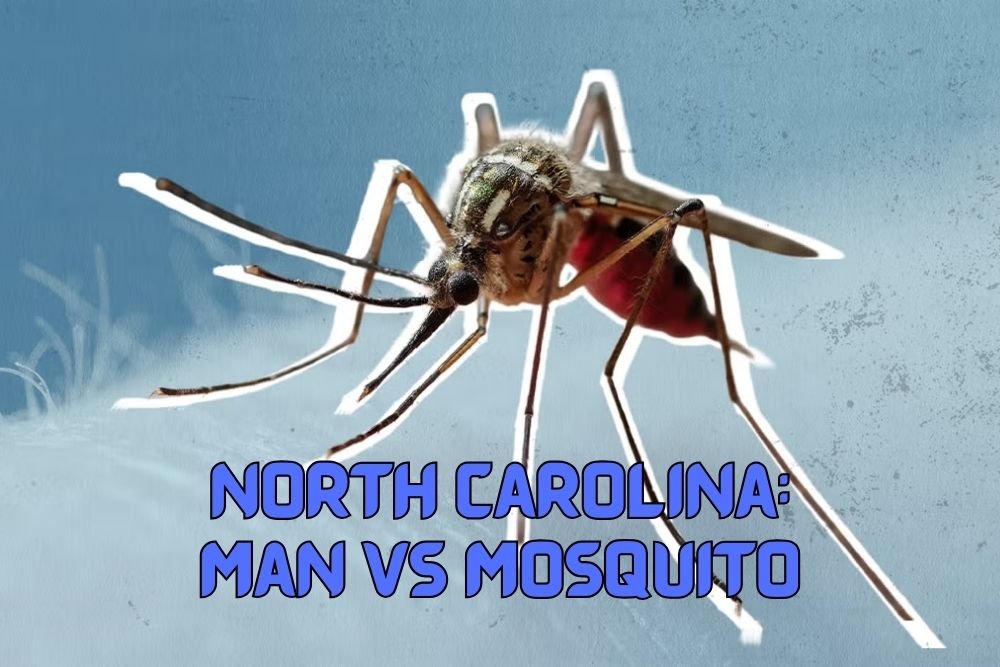Man vs. Mosquito: How North Carolina is Fighting to Contain Mosquito-Borne Diseases
RALEIGH, N.C. — With mosquito season peaking in late summer, North Carolina health officials are working to track and contain mosquito-borne diseases before they spread across the state.
At the center of these efforts is Michael Doyle, a state public health entomologist at North Carolina State University, who leads research and monitoring programs designed to identify outbreak hot spots.
Tracking Viruses Across the State
Doyle’s team is focused on three key mosquito-borne illnesses:
- West Nile Virus
- La Crosse Encephalitis
- Eastern Equine Encephalitis
Data from the North Carolina Department of Health and Human Services (NCDHHS) shows that from 2012 to 2020, the state averaged 1–2 West Nile cases per month between July and November, with the highest concentrations in Wake, Guilford, Cumberland, and Mecklenburg counties.
In July 2025, Durham reported the state’s first confirmed West Nile case of the year, while infected mosquitoes were detected in Pitt County.
Hot Spot Detection and Rapid Response
Because these viruses don’t spread evenly across the state, the lab’s goal is to identify hot spots quickly. Once identified, counties can deploy treatments like pesticides or other control measures to reduce mosquito populations and break the transmission cycle.
“These viruses don’t occur evenly across the state. They have hot spots, and if they can identify the hot spot, then they can react by reducing the adult mosquito population and stopping that cycle,” Doyle explained.
How the Program Works
Roughly a quarter of North Carolina counties participate in the monitoring program, sending live mosquitoes to Doyle’s lab. There, assistants keep them alive until testing.
If a virus is detected, officials issue alerts and launch immediate mosquito-control operations to reduce the threat.
Doyle compared the process to military strategy:
“It’s like the art of war — if you know thine enemy. And for me, that’s how it is,” he said.
Public Guidance
While entomologists fight outbreaks in the lab, residents are encouraged to do their part by:
- Using EPA-approved repellents.
- Eliminating standing water around homes.
- Staying indoors during peak mosquito activity at dawn and dusk.
Do you think North Carolina should expand mosquito monitoring statewide to better protect residents from future outbreaks? Share your opinion in the comments on SaludaStandard-Sentinel.com.







